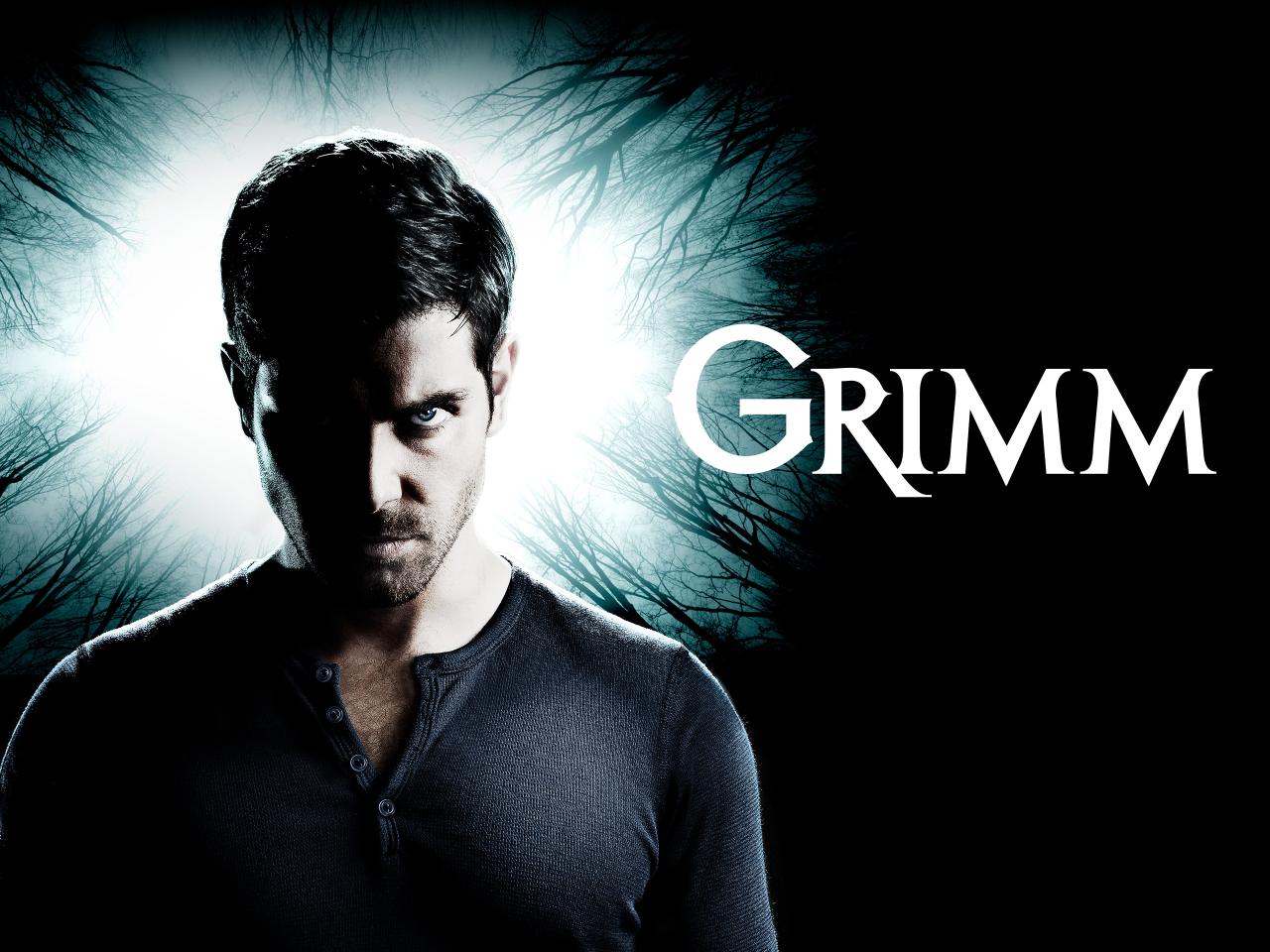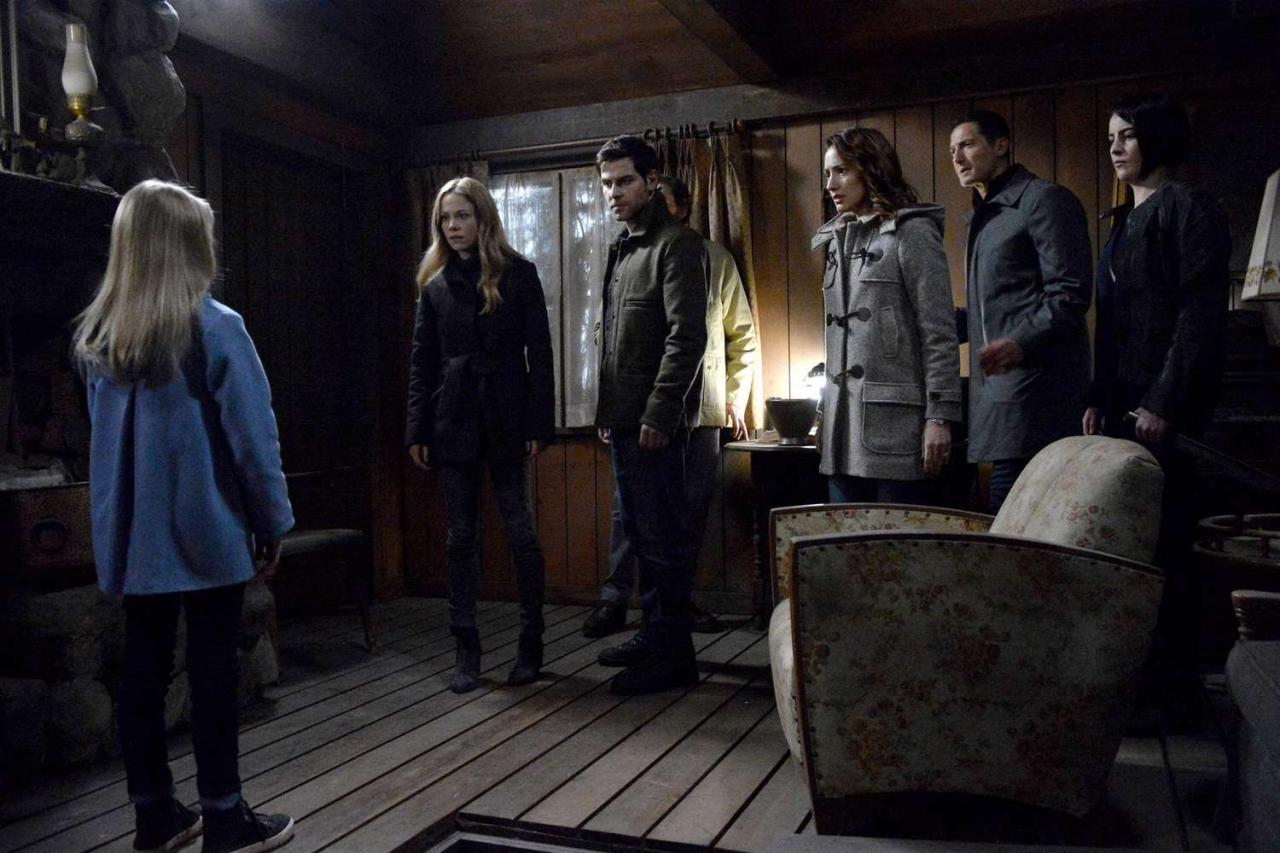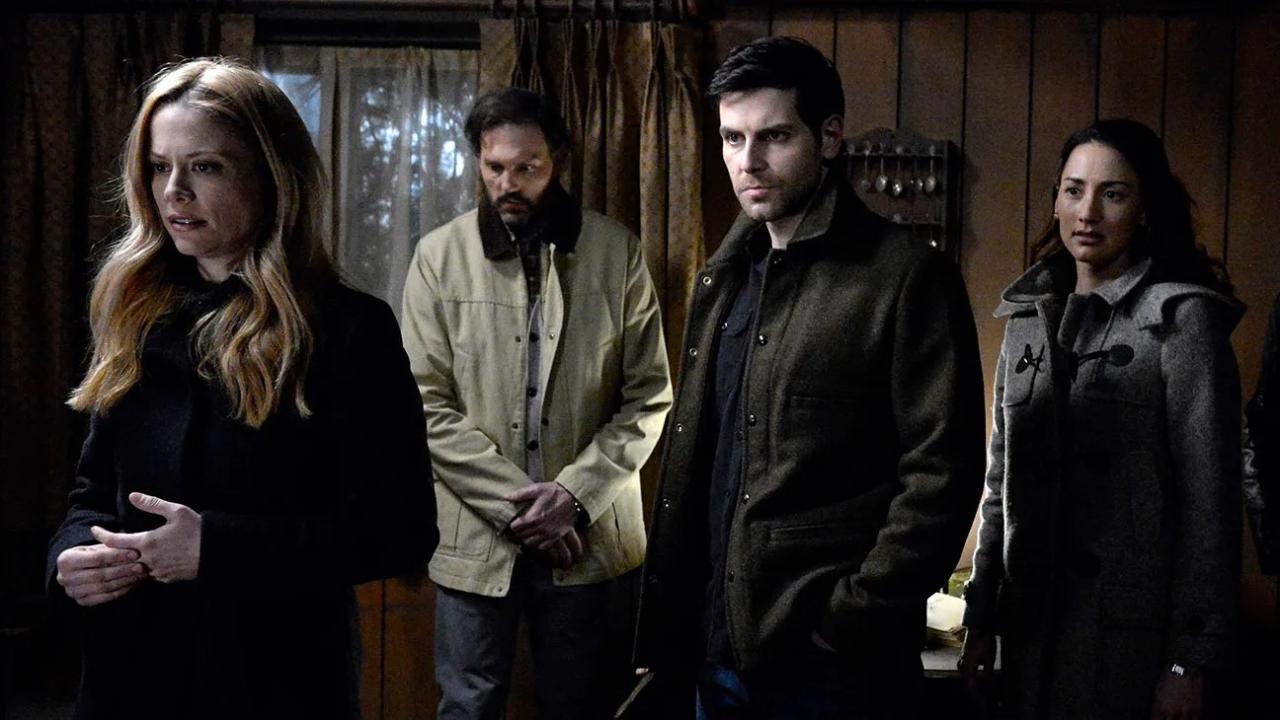
Grimm is an American fantasy crime drama television series that blends elements of horror, mystery, and police procedural. Created by Stephen Carpenter, Jim Kouf, and David Greenwalt, the series aired on NBC from October 28, 2011, to March 30, 2017, spanning six seasons with a total of 123 episodes. Set in a world where mythological creatures known as “Wesen” exist alongside humans, Grimm follows the journey of Nick Burkhardt, a homicide detective who discovers that he is the last in a line of “Grimms,” individuals tasked with protecting humanity from these creatures. The show’s unique premise, strong character development, and thrilling storyline have earned it a dedicated fan base.
At the heart of Grimm is Nick Burkhardt (played by David Giuntoli), a detective with the Portland Police Department who learns that he is a “Grimm,” a descendant of a long line of hunters tasked with keeping the balance between humans and Wesen. Wesen are mythological creatures that live in human society, often hidden in plain sight. As Nick comes to terms with his newfound abilities, he finds himself caught in a dangerous world where the line between good and evil is blurred. Throughout the series, Nick navigates his role as a Grimm while investigating murders that often involve Wesen, all the while balancing his personal life and relationships with allies and enemies alike.
Grimm explores a wide range of themes, including the clash between good and evil, the burden of destiny, and the complexities of identity. The show delves into moral ambiguity, as many of the Wesen characters are not inherently evil but are often forced into violent or dangerous situations by their nature or by societal pressures. The series also highlights themes of family, loyalty, and the impact of legacy, particularly through Nick’s journey of accepting his role as a Grimm. The use of mythology and folklore provides a rich backdrop for the narrative, with each Wesen having a distinct cultural and symbolic significance that often ties into the moral dilemmas of the characters.
One of Grimm‘s strongest points is its well-developed characters. Nick Burkhardt’s evolution from a normal detective to a reluctant hero, grappling with his Grimm heritage, is both compelling and relatable. His relationships with key characters such as his partner Hank (Russell Hornsby), his friend Monroe (Silas Weir Mitchell), a Wesen who chooses to live peacefully, and his girlfriend Juliette (Bitsie Tulloch) are integral to the story’s emotional depth. The show also introduces a wide array of recurring characters, both human and Wesen, each with their own backstories and motivations. This deep exploration of character arcs keeps the audience invested throughout the series.

Grimm stands out for its unique world-building, incorporating elements of fairy tales, folklore, and mythology into its supernatural framework. The Wesen, inspired by various mythological creatures from different cultures, add a rich layer of intrigue and excitement to the series. Each Wesen species is visually distinctive and often based on traditional creatures from folklore, such as the “Hexenbiest” (a witch-like Wesen) or the “Fuchsbau” (a fox-like Wesen). The show expertly blends these fantastical elements with the grounded world of law enforcement, making the supernatural both mysterious and accessible to the audience.

The pacing of Grimm is well-balanced, mixing episodic crime procedural with an overarching storyline about Nick’s discovery of his Grimm heritage and his involvement in a larger battle between good and evil. While each episode typically features a standalone murder mystery involving a Wesen, there is also an ongoing narrative about Nick’s struggle against powerful Wesen adversaries and the looming threat of an ancient Wesen prophecy. The series gradually unveils deeper layers of its mythology, which keeps the audience engaged and invested in the progression of both the personal and supernatural storylines.

Grimm is a thrilling and inventive series that combines elements of police procedural, fantasy, and horror in a way that is both fresh and captivating. Its engaging characters, intricate world-building, and intriguing supernatural elements have earned it a loyal fanbase. Over the course of six seasons, Grimm successfully balances its episodic mysteries with a larger narrative arc, delivering satisfying payoffs and emotional moments. While it may not have reached the level of mainstream acclaim, Grimm remains a standout show for those who enjoy fantasy, mystery, and complex character-driven stories.
